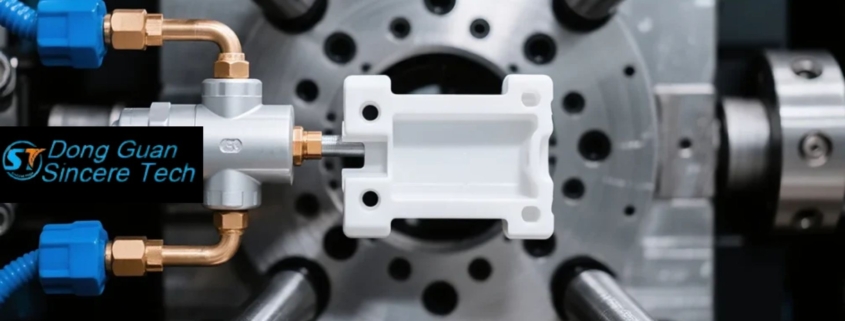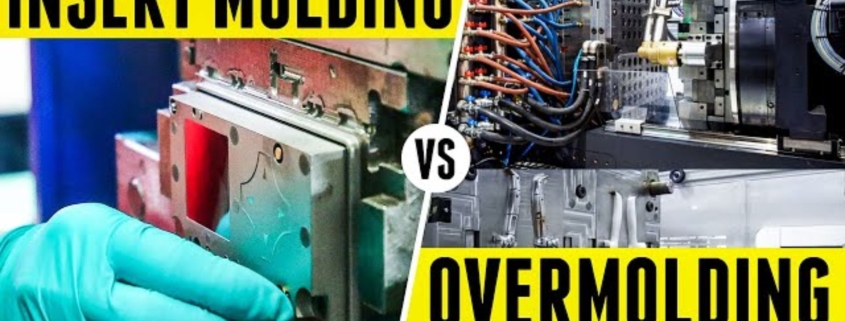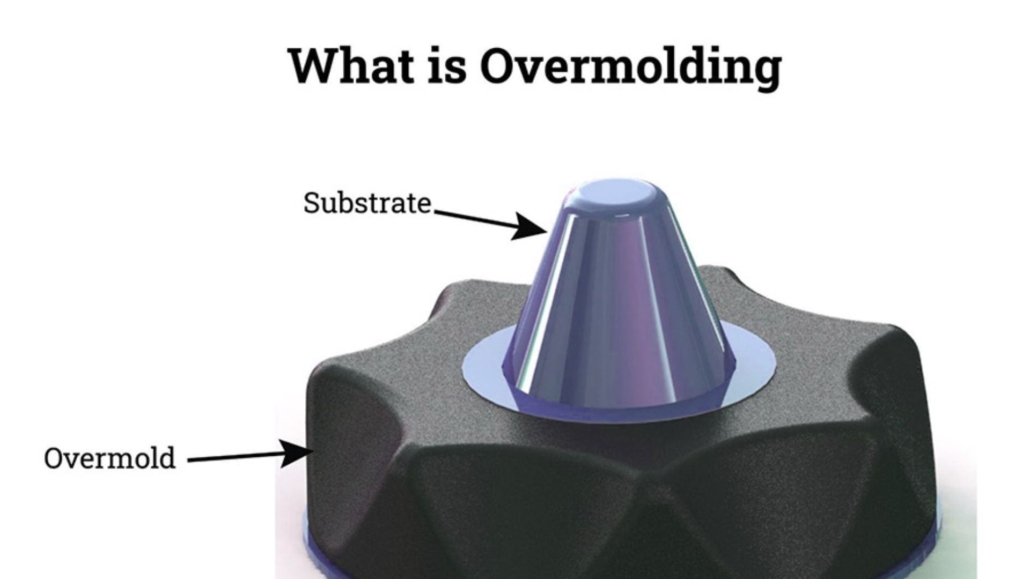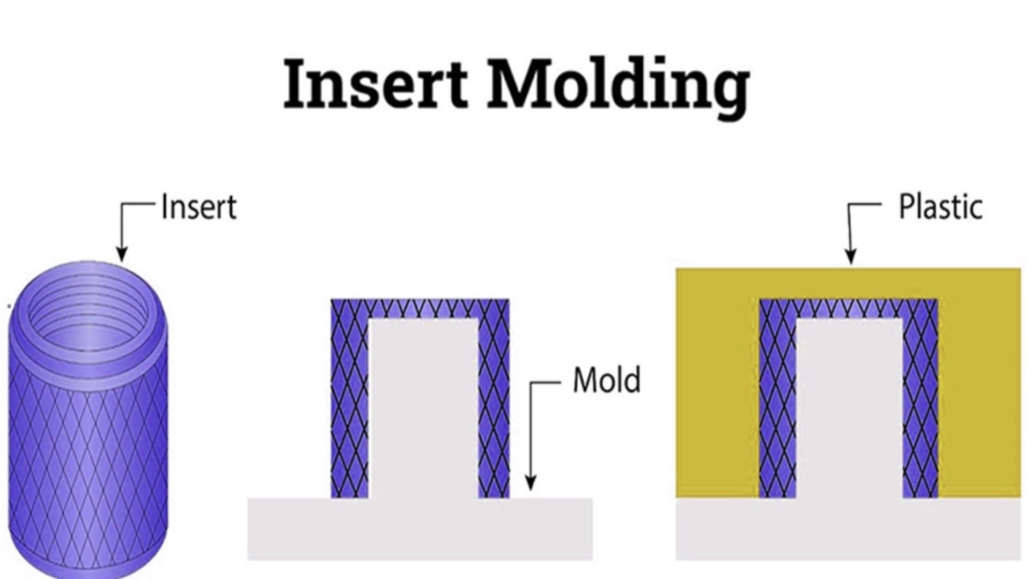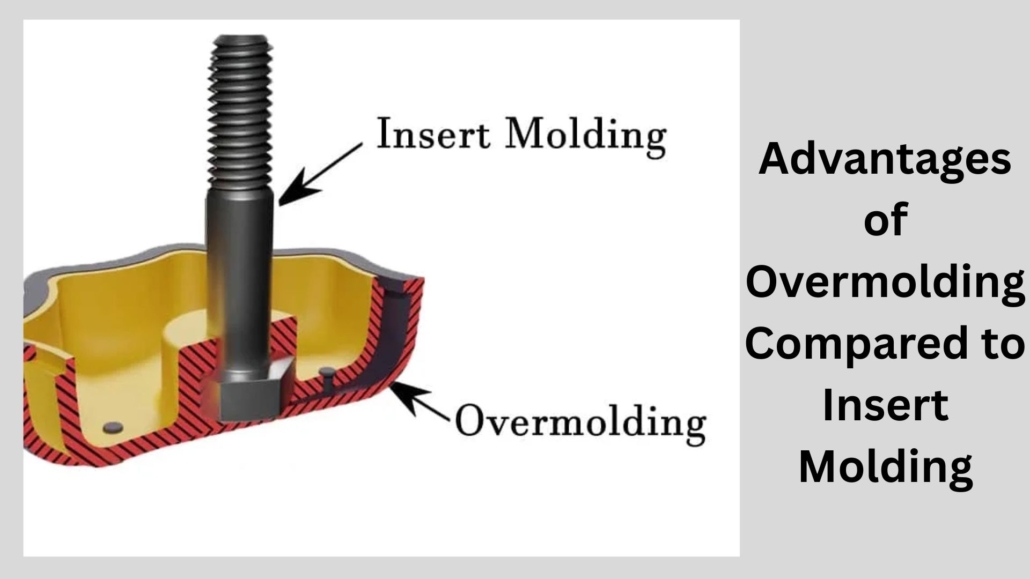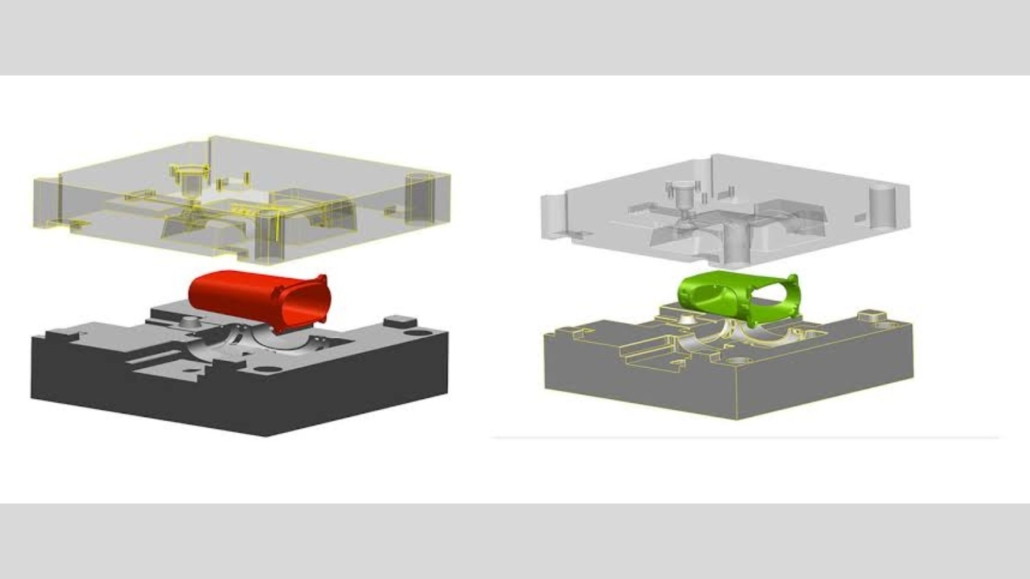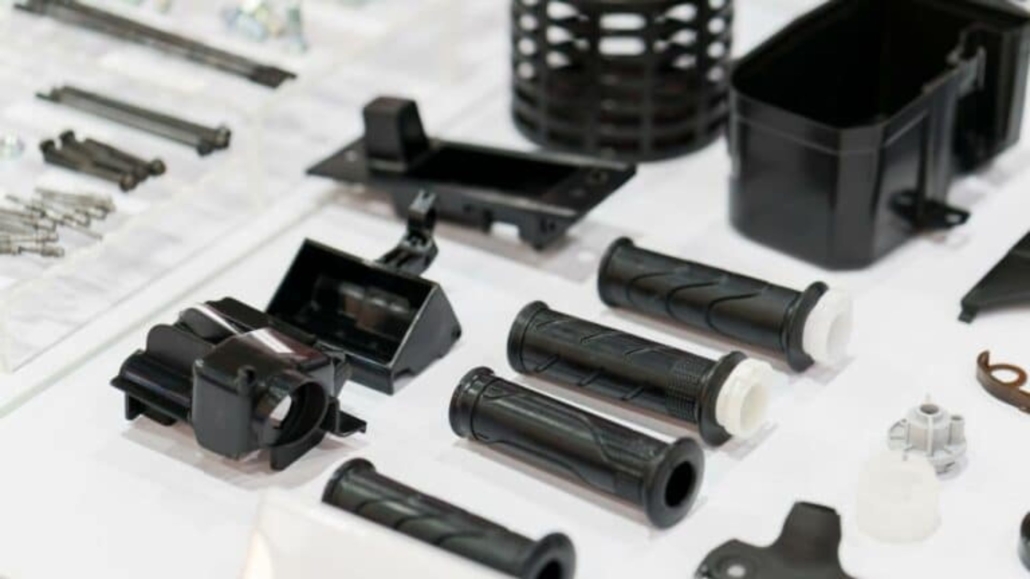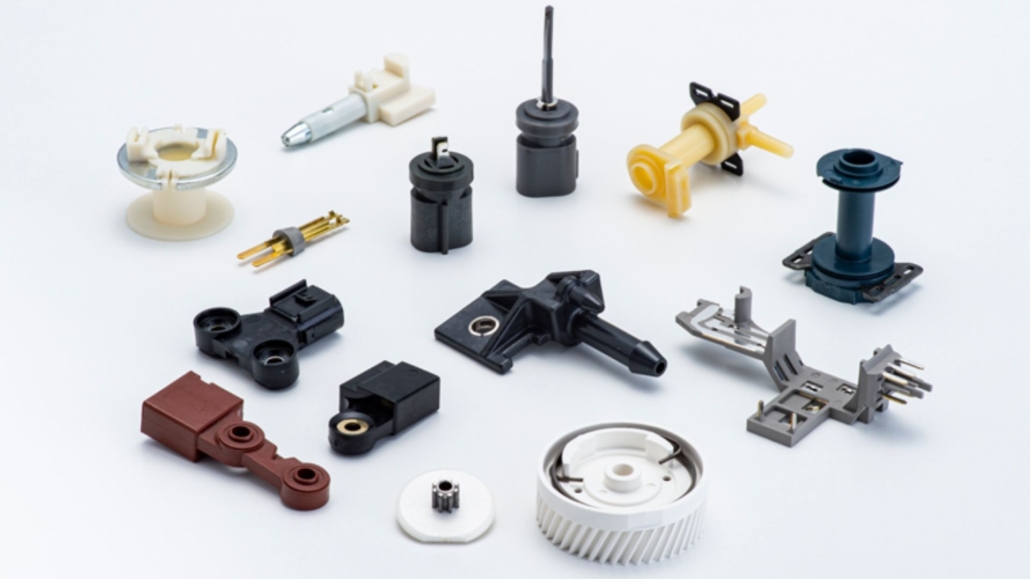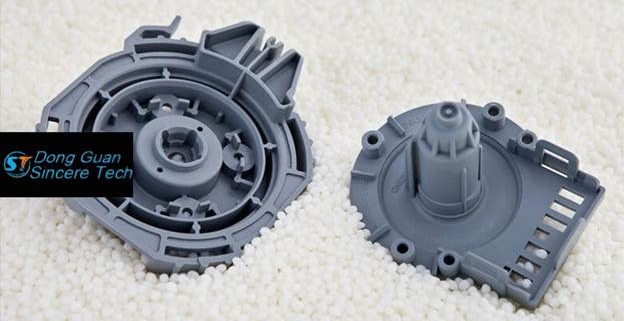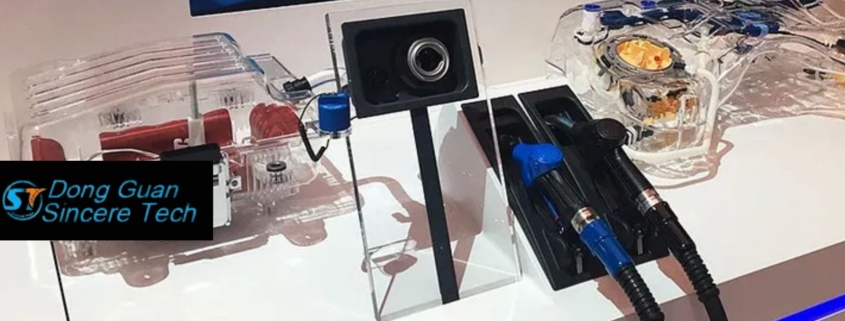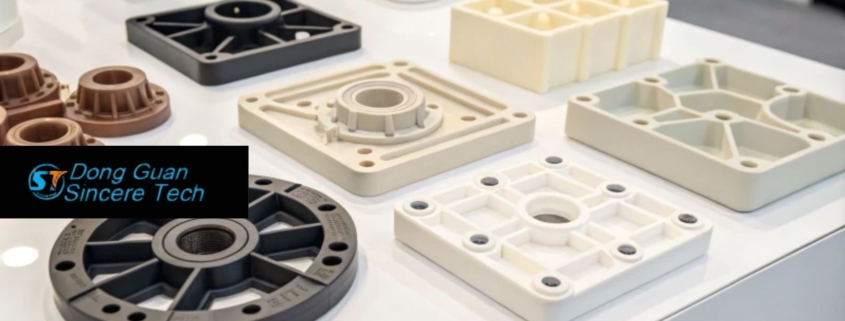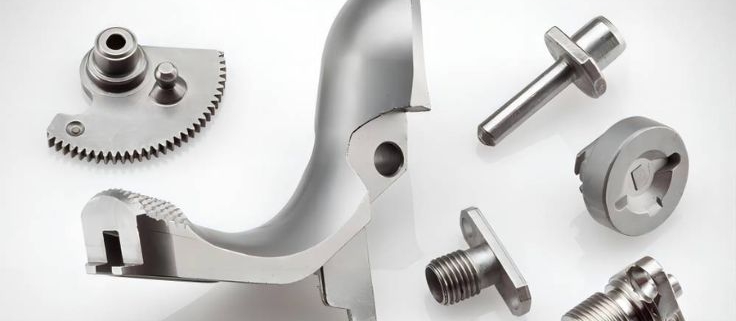The modern production is concerned with efficiency and precision. Some of the techniques that are in use include gas-assisted injection molding. Gas-assisted injection molding is a technological production method that helps to produce light, durable, and complex plastic parts. The hollow sections are created by injecting the mold with inert gas, which reduces the amount of material used and also shortens the cycle time.
The outcome of this is growth in dimensional precision, lessening of distortions, and the ability to perform innovative designs. Injection gas assist molding is useful in the automotive industry, furniture industry, electronic industry, and consumer product industries, where cost-effective production with high quality is needed. Reliable sentinel gas assist injection molding suppliers are ensured to provide a regular result. With the prevailing production, most manufacturers make use of injection molded products that are aided by the use of gas, which allows manufacturers to achieve efficiency, strength, and aestheticism.
What is Gas Assisted Injection Moulding?
Gas assist injection molding is the process in which inert gas (usually nitrogen) is injected into the mold during the process of injecting the plastic. The gas forces the warm plastic against the thin walls or hollow of the component, creating a hollow within it. The technique saves on material, increases the accuracy in dimension, and warping is minimized.

The process is most appropriate in the sections that are thick or whose sections have long flow paths. It is widely used in the manufacturing of automobiles, furniture, and consumer products. The quality and reliability would be ensured by the choice of suitable suppliers of gas-assisted injection molding.
Operation of Gas Assisted Injection Molding
It starts just like the conventional injection molding, ng whereby plastic is injected into a mold. Once the mold cavity is partially filled, pressured gas is injected into some of the areas. This gas makes the liquid plastic forced outwards to form hollow channels, ls but makes the surface hard.
The method results in reduced stress in thicker parts, zero sinks and uniform wall thickness. The result is a high-quality part that is more dimensionally stable, light and strong. These are features that are functional and aesthetic to the manufacturers of products, such as gas-assisted injection molding.

Applications of Gas Assisted Injection Mold: Gas-assisted injection molding is a pliable manufacturing technique that is embraced in the major of industries. Hollow or intricate forms can be created with less effort, making it appropriate in both useful and decorative purposes.
Automotive Industrial gas-assisted injection molding of interior panels, door handles, and structural parts is done by automakers. The procedure renders it light without losing the strength that is linked to fuel efficiency and performance.
Furniture and Consumer Products
The gas-assisted injection molding is used to create hollow sections that are created in plastic parts of furniture, appliances, and tools. The components that are light as chair backs, handles, and housings form an efficient way of production.
Industrial Equipment
Strong plastic parts of a certain size are usually required by the robots and the machines. Manufactured products based on gas-assisted injection molding have durability, standard wall thickness, and warping resistance.
Electronics Gas-assisted injection molding is used in the manufacture of consumer electronics, tool casings, and other devices that require a strong and attractive looks therefore, with a low amount of material consumption.
Other Applications
It is also used in sporting gear, toys, and wrappings. The manufacturers resort to the services of the gas-assisted gas assist injection molding vendors who have the opportunity to produce parts of the given size and quality.
Having known such applications, companies can experience the complete benefit gas assist injection molding to produce lightweight and affordable products.
Material Used
Thermoplastics: Thermoplastics are the most commonly used materials in gas-assisted injection molding. Some materials can be easily worked and bonded in the gas-assisted process, such as Polypropylene (PP), polyethylene (PE), ABS, and polycarbonate (PC). These plastics are convenient in the manufacture of lightweight and strong injection-molded products.
Reinforced Plastic: Glass-reinforced plastics of nylon or polypropylene are additionally tough and stiff. They are used in areas that expose the component to a high degree of stress or load and thus, will do well with the automotive or industrial parts produced during gas-assisted injection molding.
Specialty Polymers: In some cases, specialty polymers that are characterized by either high heat resistance or chemical resistance are used. These materials are determining the requirements of the product in specific terms that ensure its performance and longevity. The inclusion of gas-assisted injection molding, which has worked in the industry before, will help in the choice of the right material to be used in any application.
Material Selection: The medium employed must have excellent flow characteristics, thermal stability, and gas injection compatibility. The proper selection of material is quite critical in reducing the defects, strength, and efficiency of the parts utilized in the process of gas-assisted injection molding.
Techniques
Reciprocal Injection using Gas Channels
In it, hollow parts are made by pumping into in the mold in some areas. It conserves on the consumption of materials and provide uniformity in the thickness of the walls. It is also widely used in the production of lightweight and tough composites-assisted injection molding.

Adaptable Gas Pressure Regulator
The pressure of the gas can also be adjusted in the process of molding to manipulate the flow of the material in an improved manner. This prevents sink marks and improves surface finish and makes the art stronger. And most importantly cases of high-quality gas-assisted injection molded products.
Sequential Gas Injection
Sequential gas injection involves the s injection of gas at different stages of the molding process. The procedure will guarantee the optimization of the flow of materials assuming the form of a complete X shape, and the reduction of the number of defects. The suppliers should also be approached since they are familiar gas assist injection molding, such that it can be done accurately.
State-of-the-art Cooling Methods
Gas aided molding with advanced cooling systems is handy in the solidification of components fast the reduction of cycle time. This promotes productivity, and it does not hinder the design of the part.
Advantages of Gas Assisted Injection Moulding
Comparing the traditional molding and the so-called gas-assisted injection molding, several advantages can be noted:

Material Savings
The hollow sections also consume less plastic and reduce both the expenses and environmental impact.
Less Warping and Sink Marks
Gas-assisted molding minimizes most of the common defects, like sink marks or surface deformations through the even distribution of material.
Lighter Parts
Hollow structures are available to enable light components to be created without a reduction in strength.
Faster Production
Associated with less consumption of material and a better flow is a reduction in the cycle times; something that is more acceptable to the manufacturers.
Improved Design Wiggle Room
It is possible to create complex shapes, as well as to add thicker parts without reducing the quality or making it expensive.
Design Considerations
Assisted injection molding developed with gas also needs to be planned well so as to maximize the process.
Material Selection at all plastics can be gas-assisted molded. The designers ought to use materials that are easy to flow and bond under gas injection.
Wall Thickness
Walls should have equal thickness. The open spaces should be placed at strategic positions to create strength and functionality.
Gas Channel Placement: The location on of the as channel is most important. When they are laid in the wrong position they can leave half-filled fillings, weak points, or aesthetic defects.
Mold Design
Plastic and gaseous passage should be possible to the molds. The gates would be well ventilated and designed to ensure production is made effective and defects are minimized.
These design specifications are the certain means of high quality of results and reliability on the gas assist injection molding.
Cost and Production Efficiency
Cost and Production Efficiency gas-assisted assist injection molding is very economical compared to the traditional processes in terms mold terms, offence to the expenses and the speed of producing the products. It saves on the material cost because parts are hollow spaces that are good and economical.

The process allows molten plastic to be capable of flowing freely, and this saves time on cooling. This will enable the manufacturers to produce parts at a faster rate without compromising quality. Companies that manufacture the items through the production of gas-assisted injection-molded products have the advantage of being faster, and the results are consistent.
The cooperation with the experts providing the gas-assisted injection molding process reduces the number of manual handling and gathering, which also reduces the labor costs. This is very efficient in terms of saving material, lessening the cycles, as well as defects, even though the molds are more complicated at the onset.
Common Mistakes to Avoid
Mistakes that can interfere with the quality and efficiency of the product are several in gas-assisted injection molding. The issue of wrong gas pressure is the common problem in common problem. The over- or under-pressure might lead to deformation of components or defects.
Another mistake is poor channeling of gases. Any misalignment could result in partial filling, or smooth walls that will render products filled using gas-assisted injection moulding feeble.
The problem of the mismatch of materials used is also quite common. Some plastics have not been well responsive to gas-assisted processes, thus leading to defects or poor bonding.
Ignoring design guidelines i.e., wall thickness and geometry of part, may also be problematic. Components may bend, sink, or stress out.
The following errors could be eliminated through collaboration with experienced gas-assist injection molding suppliers, consideration of the appropriate design and process guidelines, and ensuring high-quality production in a constant way.
The identification of the Right Gas Assist Injection Molding Suppliers
A successful gas-assisting injection molding is dependent on the right partner to choose. Efforts with well-established suppliers are the assurance of quality parts and uninterrupted manufacturing processes.

Select the gas assist injection molding suppliers that have a successful story in manufacturing the gas assist injection molded products of the same nature, similar to your project. They can avoid defects and improve their efficiency with the help of their experience in the design of the molds and the selection of the material used.
The supplier should also provide a process optimization guide to the process, such as gas pressure, positioning channels, and cycle times. This can be applied to reducing wastes and inaccuracies in production.
Suppliers of quality invest in quality control systems and new equipment. They provide assurance results, a faster rate, and cost-effectiveness in gas-assisted injection molding programs.
Future Trends
It is the future of gas-assisted injection molding, which depends on innovations and efficiency. Manufacturers are looking into newer, stronger, lighter, and more durable materials. These are technologies that result in quality gas-assisted injection molded products.
The other important trend is the trend of automation. The robots and AI systems are increasingly in charge of the gas injection and mold handling, and they eradicate the errors and make the production process quicker. The gas suppliers with experience in injection moulding are also embracing the technologies to keep up with the competition.

Sustainability is also receiving consideration. The consumption of fewer materials plastic recycling, and energy-saving production are environmentally friendly manufacturing elements in the manufacturing of eco-friendly injection molding termed as gas assist injection molding.
This is being enhanced by the addition of 3D printing, which is expanding the possibilities of quick-prototyping and batch production. This helps designers to experiment with complex shapes at low cost and within the shortest possible time; in this way, gas-assisted injection molding is more productive in modern production.
Conclusion
Gas-assisted injection molding can offer manufacturers a viable approach to producing lightweight, complicated, and robust components. The companies are in a position to make the right decision, knowing how it works, its benefits, and in which way it should be designed. The choice of reliable gas-assisted injection molding suppliers would imply that the standard of gas-assisted injection-molded products would be the same across the industries. The decrease in the amount of material used results in an increase in production speed and the ability to make changes to designs, which increases the popularity of the technique that becomes a rather necessary form of modern production.

